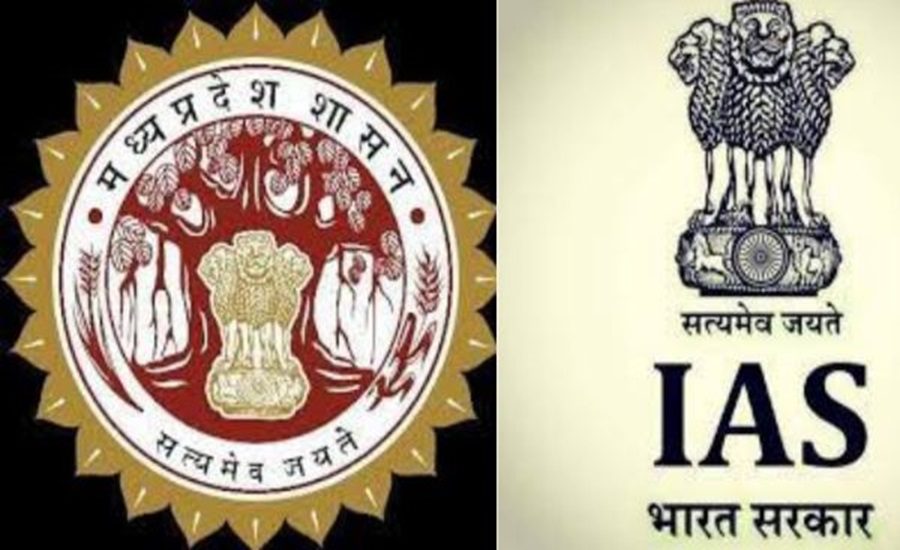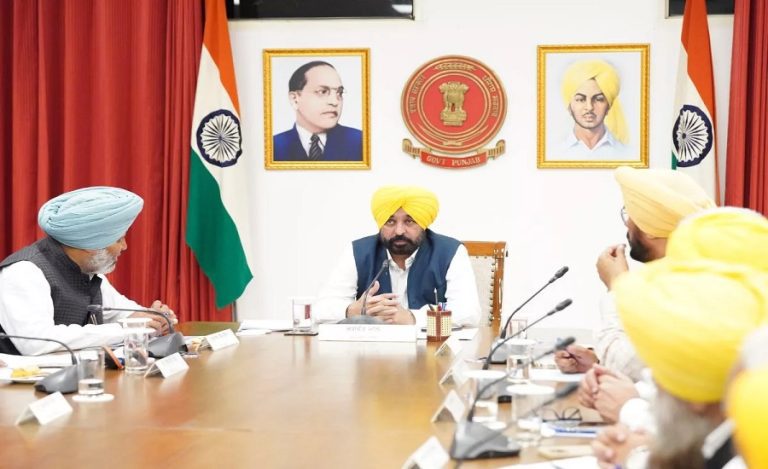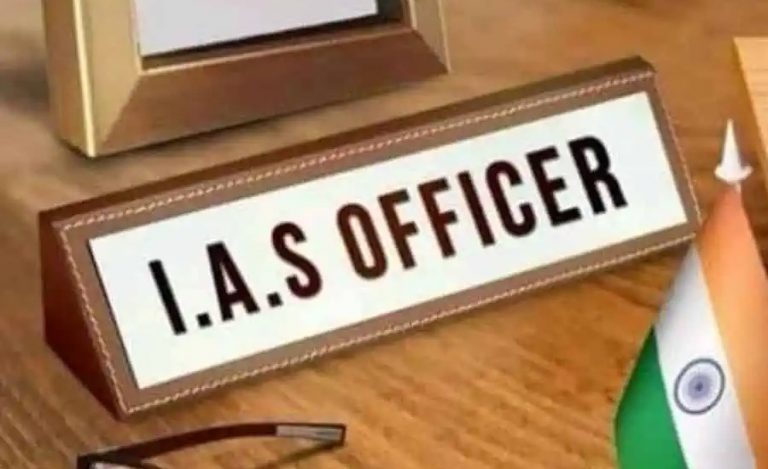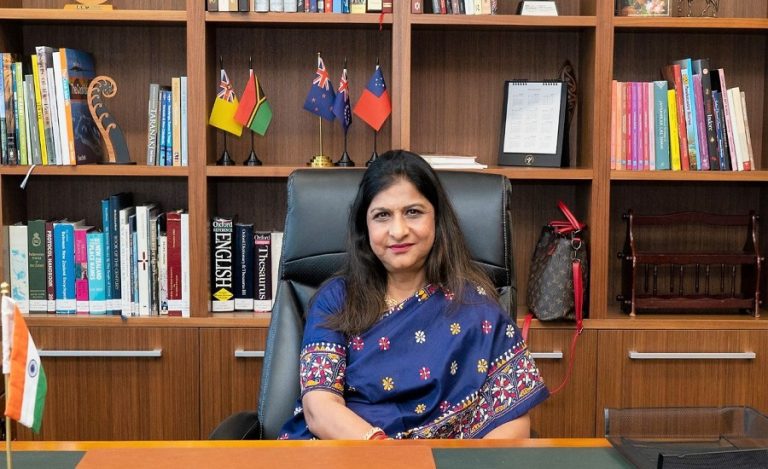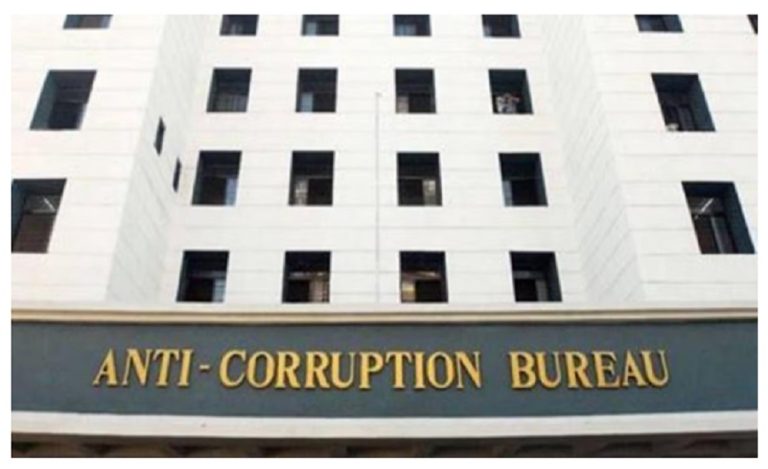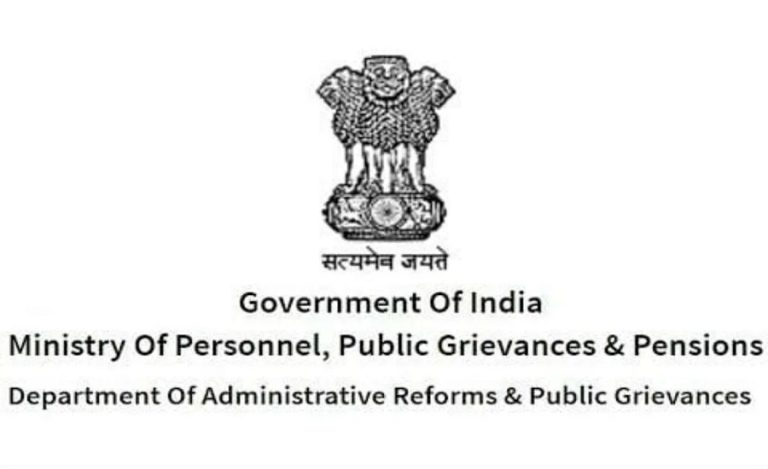Madhya Pradesh is grappling with a critical shortage of Indian Administrative Service (IAS) officers, significantly straining the state’s administrative framework. With the sanctioned strength set at 459, only 379 IAS officers are currently in position, of whom around 40 are on central deputation and over 10 undergoing training at the Lal Bahadur Shastri National Academy of Administration in Mussoorie. This leaves just around 330 officers actively managing the state’s affairs.
Also Read: Bihar: Special Blood Donation Camp to be Held at IAS Bhawan on World Blood Donor Day
The crisis has deepened over the past nine months with the retirement of 18 officers. An additional eight officers are set to retire in the next six months, exacerbating the shortfall and further stretching the already overburdened bureaucracy.
Due to the shortage, many senior officers are juggling multiple key portfolios. ACS Dr. Rajesh Rajoura (1990-batch IAS officer) is handling responsibilities including the Chief Minister’s Office, Narmada Valley Development Authority, and Public Service Management. ACS Neeraj Mandloi (1993-batch IAS officer) oversees both the Public Works and Energy Departments. Similarly, ACS Ashok Barnwal (1991-batch IAS officer) is managing Forest and Cooperation alongside his role as Agriculture Production Commissioner. ACS Sanjay Dubey (1993-batch IAS officer) is tasked with diverse assignments including the Gwalior Development Authority, Science & Technology, and the Staff Selection Commission.
Other senior officials are facing similar workloads. ACS Manu Shrivastava (1991-batch IAS officer) is looking after New and Renewable Energy along with Sports, while ACS Anupam Rajan (1993-batch IAS officer) is handling Horticulture, Food Processing, and Higher Education. ACS Sanjay Shukla (1994-batch IAS officer) is responsible for Urban Development, Housing, Planning, and Aviation. With several officers managing 3–4 departments each, the implementation of crucial policies has slowed considerably.
Experts believe the situation demands immediate structural reforms. They recommend increasing the IAS cadre strength allocated to the state and expediting the promotion process from the State Civil Services. While the central deputation quota for the state stands at 99, currently only about 40 officers are posted outside, which is seen as a temporary relief.
For a long-term solution, experts stress the need for regular recruitment through the UPSC and timely promotion of state service officers to the IAS. Strengthening institutional autonomy, especially for bodies like the Staff Selection Commission, is also essential to maintain administrative efficiency.

